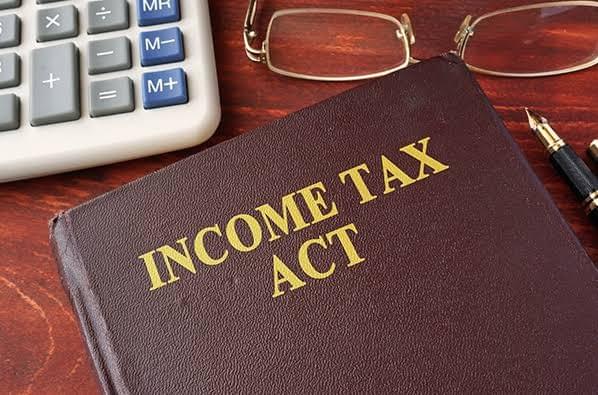
The Income Tax Act of 1961 mandates the Government of India to levy a tax on every Indian citizen with annual income above a specified limit within a financial year. Apart from ordinary Indian citizens, NRIs who have a source of income in the country are also liable to pay income tax as per established rules and regulations.
The IT department has constituted a structure that every taxpayer must oblige to while paying his/her taxes.
This structure is commonly known as the income tax slab, and it is divided into 3 categories, they are –
Regular citizens
Up to Rs.2,50,000 no tax is applicable.
Rs.2,50,001 to Rs.5,00,000 - 5%.
Rs.5,00,001 to Rs.10,00,000 - 20%.
Rs.10,00,001 and above - 30%.
Senior citizens
Up to Rs.3,00,000 its nil.
Rs.3,00,001 to Rs.5,00,000 - 5%.
Rs.5,00,001 to Rs.10,00,000 - 20%.
Rs.10,00,001 and above - 30%.
Super senior citizens
Up to Rs.5,00,000 no tax is applicable.
Rs.5,00,001 to Rs.10,00,000 - 20%.
Rs.10,00,001 and above - 30%.
According to the Income Tax Act, every tax payer is eligible for income taxexemptions on certain income or investments. For example, investments made in an ELSS mutual fund, qualifies for deductions up to Rs.1.5 lakh under Section 80C.
Apart from these, income taxpayers can enjoy a tax deduction on other expenditures as well. For instance, Section 80D allows individuals to enjoy a tax deduction of Rs.15,000 on health insurance premiums. Aspirant home buyers, be it an ordinary Indian citizen or an NRI, can enjoy tax exemptions of up to Rs.2 lakh on theirHome Loan interest payment per annum under Section 24b.